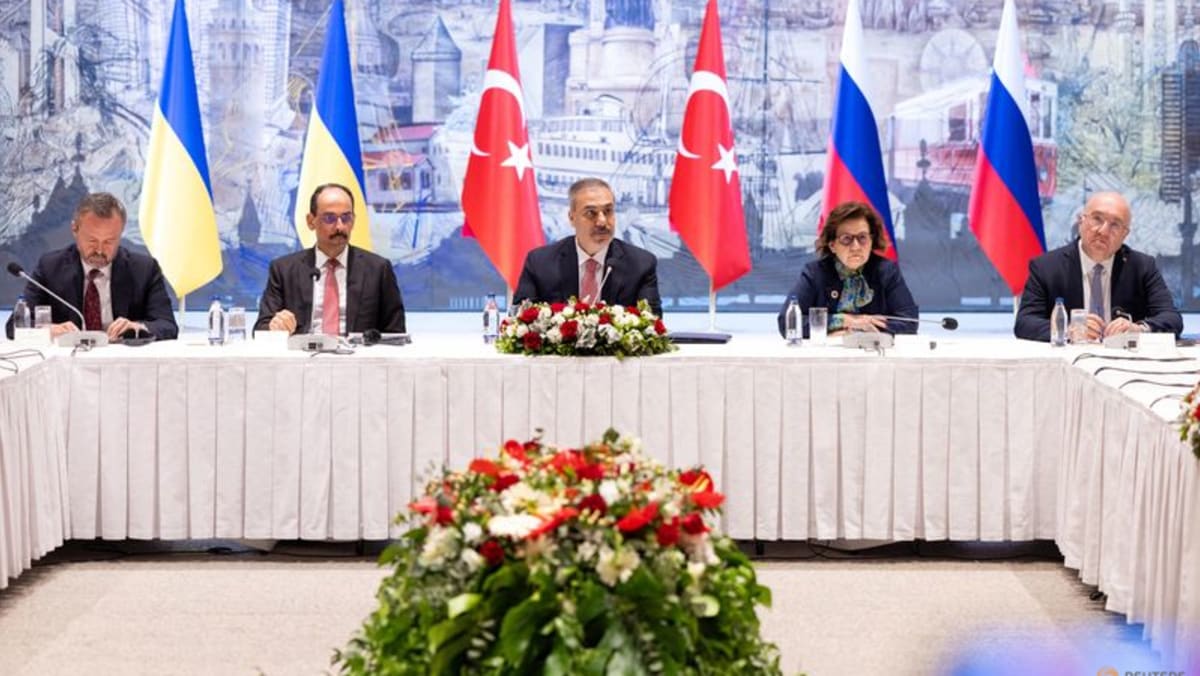They also agreed to exchange their respective lists of positions vis-a-vis the ceasefire and, importantly, that the two sides will meet again.
UKRAINE’S MISSED OPPORTUNITIES
While any progress is better than no progress, there were missed opportunities.
First, Ukraine and its partners could have anticipated that Russia would reject the 30-day ceasefire proposal and had some form of punitive response prepared. While many have decried the Russians for prolonging the killing, the behaviour will go unchecked until there are additional costs imposed.
Second, the Ukrainians could have delivered a fully formed draft agreement to serve as a new anchor for the talks. This draft would create a new starting point for discussions and would have been an effective means of shifting initiative in the negotiation to the Ukraine side.
Third, Ukraine’s partners could have had some announcement about aid ready to deploy upon completion of the Istanbul talks. The objective would have been to signal to the Russian side that the longer it drags out ceasefire negotiations, the more support the Ukrainians will have.
In the days since the talks wrapped up, movement has been slow. The European Union is reportedly looking at new sanctions packages, but nothing has been implemented.
US President Donald Trump held a two-hour call with Putin where they reaffirmed the importance of negotiations but did not indicate any fundamental shift in Russia’s approach to the ceasefire process.
Meanwhile, the safe money says that Russia will try to ratchet up military pressure while holding firm on its demands. The Kremlin is probably gambling on the notion that they do not need to outlast Ukraine, they just need to outlast foreign support to Ukraine.
Michael MacArthur Bosack is the special adviser for government relations at the Yokosuka Council on Asia-Pacific Studies and founder of the Parley Policy Initiative. This article was first published on Lowy Institute’s The Interpreter.
